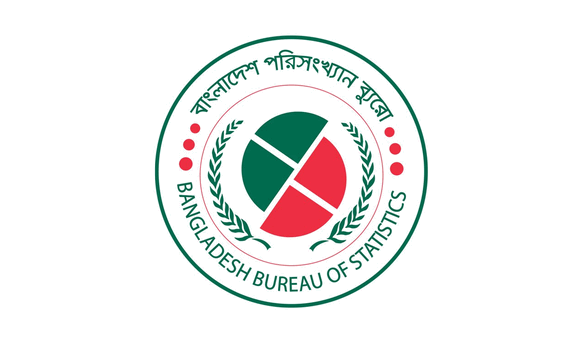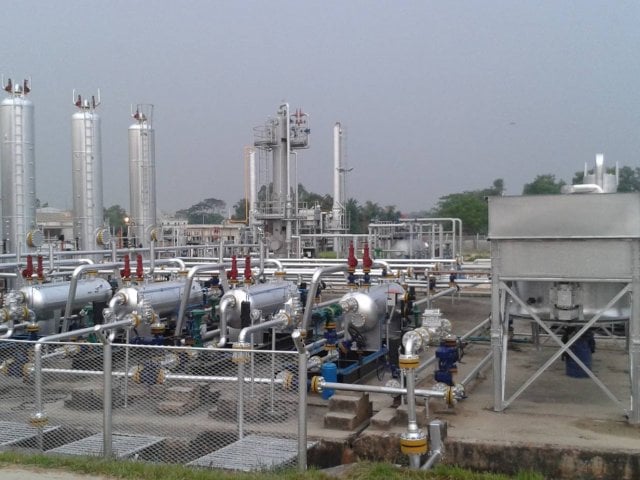
Inflation spiked to 9.89% in May, up from 9.74% in April, marking its highest level in the past seven months. This rise adversely impacts economically disadvantaged and low-income individuals.
According to data released by the Bangladesh Bureau of Statistics (BBS) on Monday, the inflation rate hit 9.93% in October, the highest for any month in this fiscal year so far. An inflation target of 6% was set for the current fiscal year, but inflation averaged 9.74% from July to May of FY24.
While inflation is projected to be 6.5% in the next fiscal year, experts say controlling inflation will be very difficult until economic conditions improve.
Bangladesh has been experiencing high inflation for two years, with rates exceeding 9% during this period. Despite various government measures to curb inflation, these efforts have not been successful, and inflation has continued to rise. High inflation is now one of the biggest challenges facing the economy.
Experts highlight that inflation functions like a tax, exerting pressure on everyone, both rich and poor. When inflation increases faster than income, it becomes challenging for the poor and middle class to manage their expenses. Over the past two years, high inflation has significantly eroded people’s purchasing power, profoundly impacting their lives.
In May, food inflation jumped by 0.54% to 10.76% from 10.22% in April, while non-food inflation dropped by 0.15% to 9.19% from 9.34% in April.
Inflation in rural areas rose to 9.99% in May from 9.92% in April, while inflation in urban areas increased to 9.72% in May from 9.46% in April.
A recent survey by the Bangladesh Institute of Development Studies (BIDS) indicated that food inflation in December last year soared to 15%, significantly higher than the 12% reported by the BBS.
According to BBS data, rural food inflation stood at 10.73% in May, 10.22% in April, and 9.87% in March this year, while urban food inflation was 10.86% in May, 10.25% in April, and 9.86% in March.
Meanwhile, the country experienced a slight increase in wage rate from 7.88% in May to 7.85% in April.









